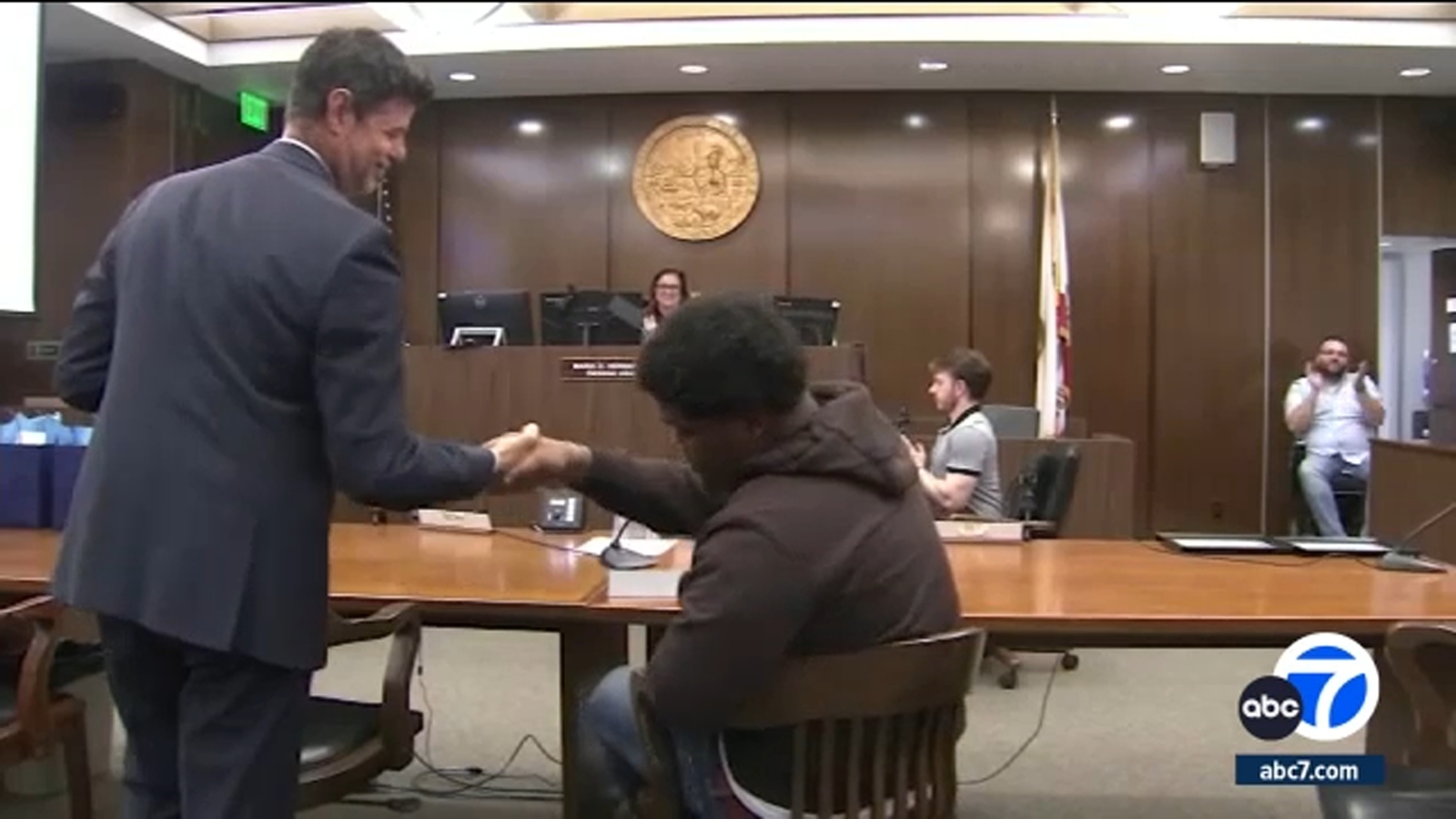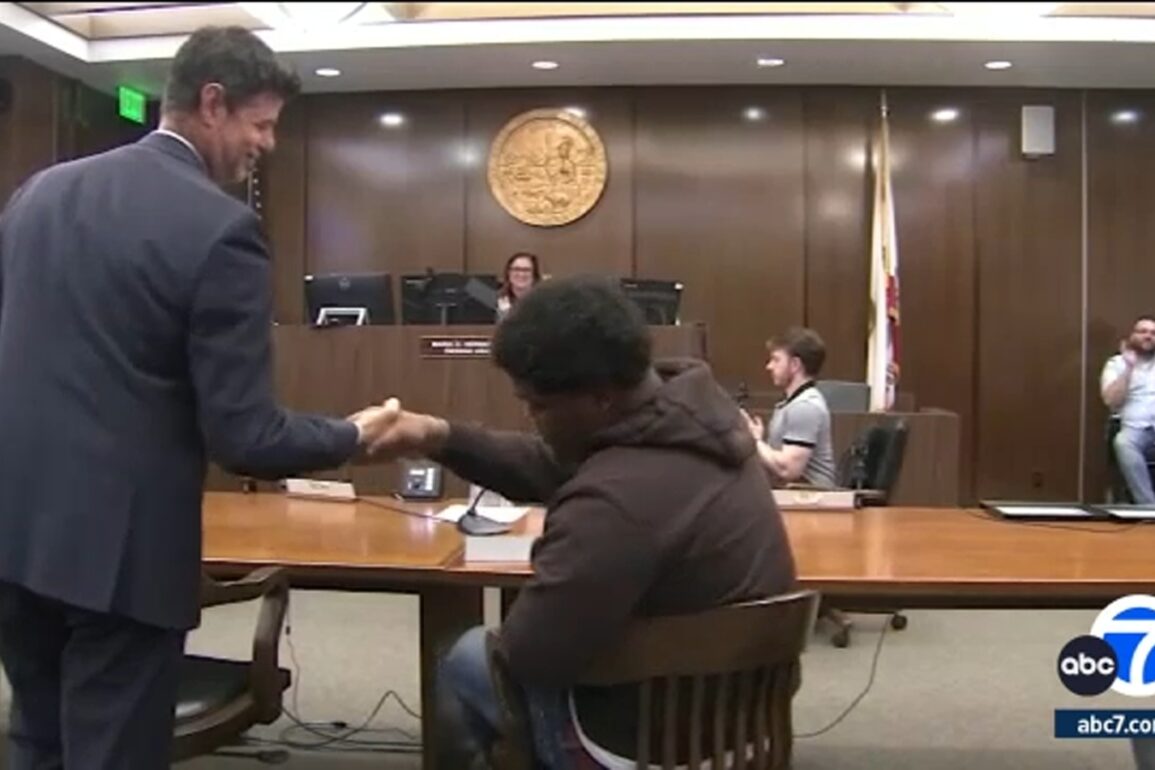
Graduation day looks different in a courtroom but is no less of an accomplishment. For William Davis, it is a life-altering event. Davis is the 29th graduate of the Young Adult Court Program in Orange County.
The Young Adult Court isn’t about punishment – it’s about rescuing young people from a lifetime of repeat offenses after stumbling into the legal system as a young adult.
“What we want to do is leave these young men without a felony for the rest of their lives, because when you have a felony on your record for the rest of your life you have to always check the box. Which means you’re closed to opportunities,” says Elizabeth Cauffman, a professor of psychological science at UCI and one of the creators of the program.
There are over 700 places where you cannot work in California with even the lowest level felony conviction. For instance, you can’t get a dog walker’s license in California if you are a felon. For young people with much of their life ahead, that leaves very few options.
“Either jail or dead,” says Noah Linkon when asked where he’d be without Young Adult Court. He graduated in April of this year, putting his life on a different path.
“At the end of the day, it’s up to yourself to help yourself, but this program does allow for somebody to look at their life in a new lens of one path or another,” Linkon said.
MORE: South LA organization helps offenders rebuild their lives
Launched in 2018, Young Adult Court allows 18-to-25-year-olds who have committed low-level felony offenses a chance to clear their record by meeting certain requirements. Among them, attending school and court appearances, counseling and finding a job. Graduation day is a celebration with family and other stakeholders who helped lay out what’s called the Youth Action Plan.
“I just want to say I am thankful and grateful for them having the program, for giving all of us a chance that’s in the younger program to change our lives and to show ’em who we really are, that we’re not criminals, that we’re not bad people,” says program participant Jamariae Smith.
Participants are chosen at random and their performance is tracked which will help determine the program’s effectiveness and ways for it to be repeated around the country.
“We’re looking into different avenues and alternatives for a criminal justice system so that we can have better outcomes for public safety for those who are involved in the justice system and have successful outcomes that we can all be proud of as a community…a criminal justice community and a greater community,” says Orange County Superior Court Judge Maria Hernandez.
“If we want our young men to be successful, to return to our community as productive citizens, we need to find a new way to do things. Holding them accountable, but not with a label that will basically tarnish them forever,” Cauffman added.
This post was originally published on this site be sure to check out more of their content.







